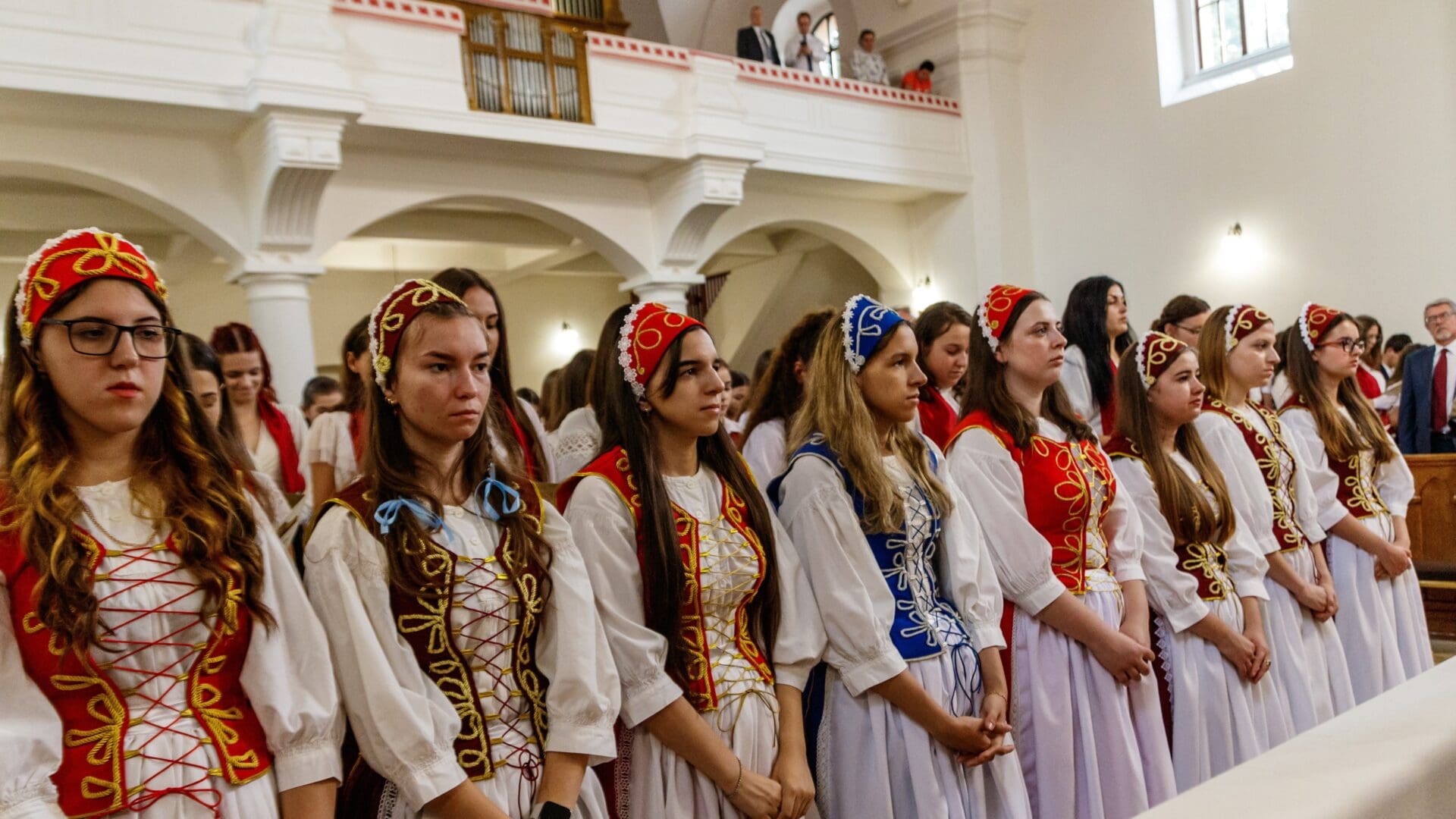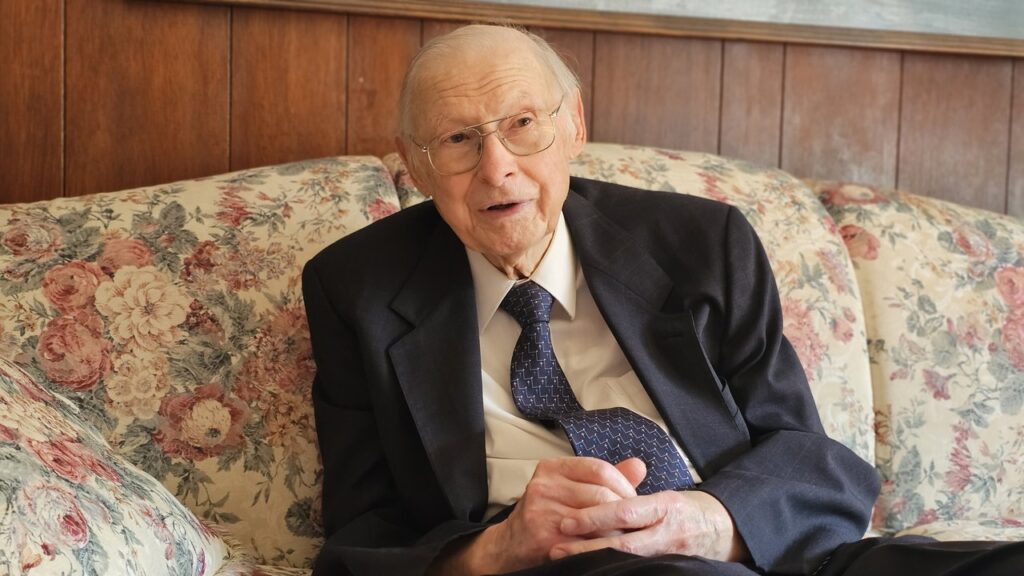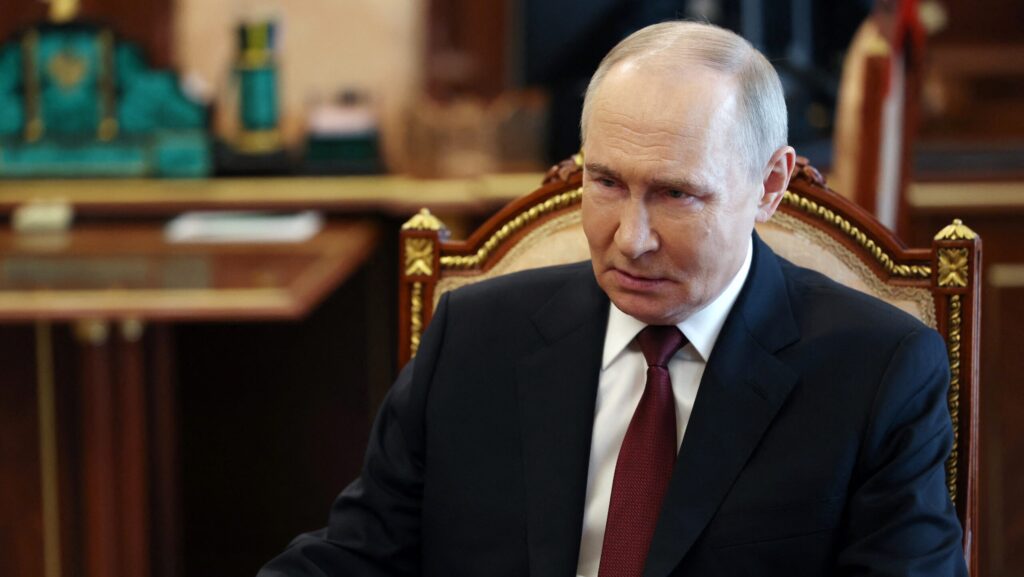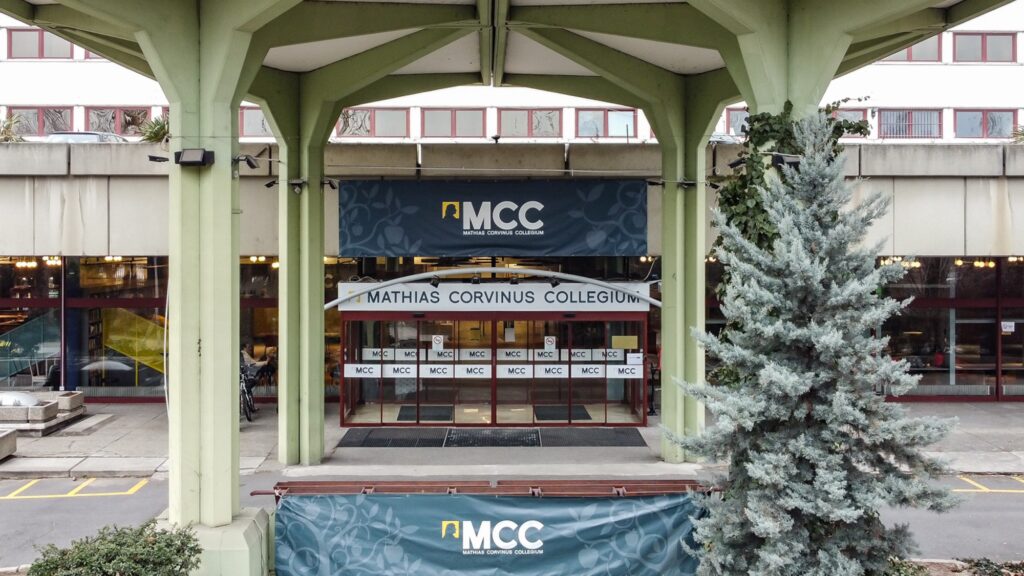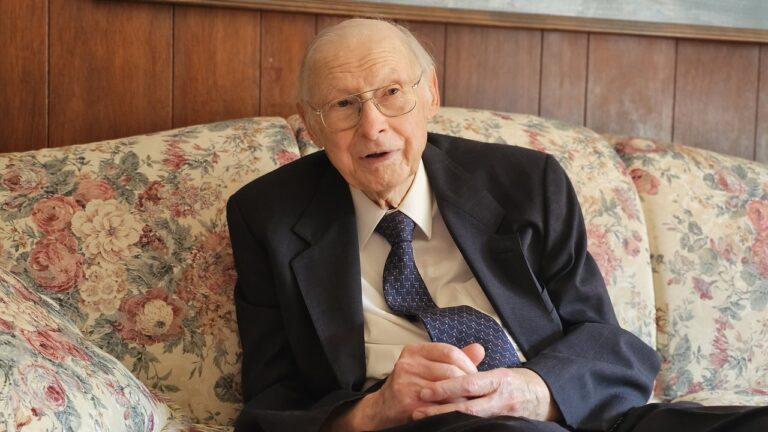In recent years, Ukraine has passed measures aimed at limiting the use of minority languages in education throughout the country. For Ukraine, it was an attempt to bolster the Ukrainian identity at a time when Russian influence posed a serious threat. For many in Ukraine’s small ethnic Hungarian minority in the Transcarpathia region at the western edge of the country, it was an affront to their children’s right to learn in the mother tongue and a threat to the continued survival of Hungarian culture in a land that Hungarians have called home for a millennium. As of 2019, there were seventy-two Hungarian-language schools in Ukraine attended by roughly 13,000 students. In this interview, Luke Larson explores the situation of Hungarian-language education in Ukraine with Berta Katona-Mironova, the principal of a Hungarian-language school serving students grades 1–12 in the Hungarian-majority town of Nagydobrony (Velyka Dobron). She touches on the importance of Hungarian-language education to the minority population, the strength of the Hungarian identity among young people, the positive changes Ukraine approved this past December, and more.
***
Why is it so important for the Hungarians living in Transcarpathia that students can learn in Hungarian?
Self-definition is very important for all people, regardless of their nationality. In this process, identity and mother tongue are inseparable concepts. The development of a sense of identity is strongly influenced by mother tongue education, schooling, and the language of education chosen. I could perhaps cite this as a significant reason for learning Hungarian, but there is another factor of equal importance. Thinking, as well as acquiring knowledge and expertise can only be done effectively, truly, and most easily in one’s mother tongue. Knowledge acquired in the mother tongue is the surest foundation. We know what a disadvantage it is when someone cannot be a good student simply because they do not know the language and are not learning in their mother tongue, and what it means when someone does not know things that are part of a Hungarian person’s general education. This disadvantage is almost impossible to make up for later. For our children, the mother tongue is a means and an opportunity for fulfilment and self-fulfilment. In the words of György Bessenyei: ‘Every nation becomes a scholar in its own language, but never in a foreign one.’
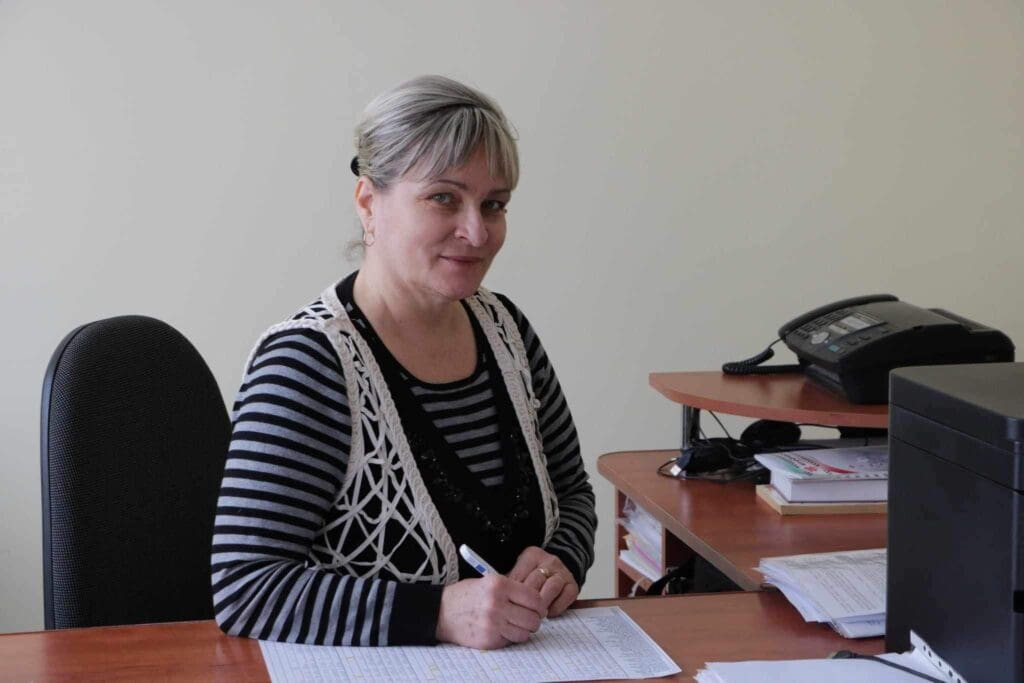
What has changed in Transcarpathian Hungarian schools in recent years since the education law? What has been the impact on students and the community?
The language aspects of the education law have frightened all members of our community. We could not imagine thinking, learning, and teaching in a foreign language. What’s more, it seemed impossible that in our schools the language of private communication between us should not be Hungarian, and that our events and national celebrations should not be in our mother tongue. Some parents even transferred their children from state schools to private institutions or secondary schools in Hungary to avoid trouble. This was a break for the children concerned, as they had to leave their familiar environment and friends. Fortunately, most people wait, hope, and pray for change before taking such a step.
Do you think the amendments to the education law approved by the Ukrainian government in December will improve the problems?
Fortunately, the introduction of the strict language law in education has not yet taken place—we have been given a grace period. We hope that the amendments will be enacted, and this will remain the case, or that we can even return to the pre-2015 situation.
The Hungarian population in Transcarpathia is estimated to have decreased. Do you think there is hope for the future of Hungarians in Transcarpathia?
Unfortunately, ‘thanks’ to Russian aggression, the Hungarian population in Transcarpathia has decreased significantly. In addition, the economic recession of the war is also affecting all areas, including family and private life.
A significant factor for the future of the Hungarian population in Transcarpathia is the end of the war and the guarantee of minority rights.
In my opinion, if there is legal security, people will experience that there is a future for them in Transcarpathia. If we do not have to deal with everyday insecurity, then those who remain at home will not emigrate after the war, and most of those who are not at home at the moment will come home. If we look back over a century, political forces have come and gone, but the Hungarian people of Transcarpathia have always withstood the test of time and are still here, and I hope it stays that way. The Hungarian Government and Hungarian society stand by the Hungarian community in Transcarpathia, and we know that our community can always count on the support of the motherland. This is a great preserving and motivating force for us all. People are not born somewhere by chance, but because they have a task there. We, who were born Hungarian, were entrusted with the Hungarian language and culture in a fragment of our homeland: Transcarpathia. That is why our most important task is to preserve and promote our traditions, to cherish and further enrich our linguistic heritage in the place where we were born.
What do students do after graduation? Does the majority stay in Transcarpathia or leave?
Fortunately, there are several options open to Transcarpathian graduates: they can continue their studies either at home or in the motherland. Some of the students who finish their studies in Hungary stay there for good, but some return home. Another great opportunity for our graduates is the Ferenc Rákóczi II Transcarpathian Hungarian College of Higher Education. Today, the institution not only plays a prominent role in the higher education of Transcarpathian Hungarians in their mother tongue, but also undertakes to cultivate Hungarian culture, preserve and pass on our traditions and values, and shape the positive outlook on life of young people. Many of our graduates continue their studies at the Ungvár (Uzhhorod) National University. Although the situation is often desperate as the war makes boys think twice about continuing their studies here, the youth of Transcarpathia is trying to persevere and focus on the future and survival.
Is it more difficult for students who receive Hungarian-language education to integrate into Ukrainian society?
The level to which students learn Ukrainian at Hungarian schools and the extent to which this helps them to cope with life in society has a significant impact on their integration into society. The question is how much knowledge of Ukrainian is necessary for a member of a national minority to thrive in a society. This is perhaps not an educational question, but rather a political one. It is political because what is most decisive is how inclusive a given society or region is, how it sees indigenous minorities, what rights and opportunities it gives them, and how it can enforce this. In our region, there are a significant number of people who have graduated from Hungarian schools and now hold leading positions. Much depends on attitude, will, parental and supportive background, and other circumstances. Nevertheless, there are also plenty of examples of talented children who do not succeed because they do not speak Ukrainian well. Unfortunately, current teaching methods are to blame for this, too. Textbooks and methods are used in our schools which assume that children speak the state language, which is why the teaching of Ukrainian in Hungarian schools is at a disadvantage compared to the teaching of foreign languages. Children are taught not to speak, but to learn grammar and rules.
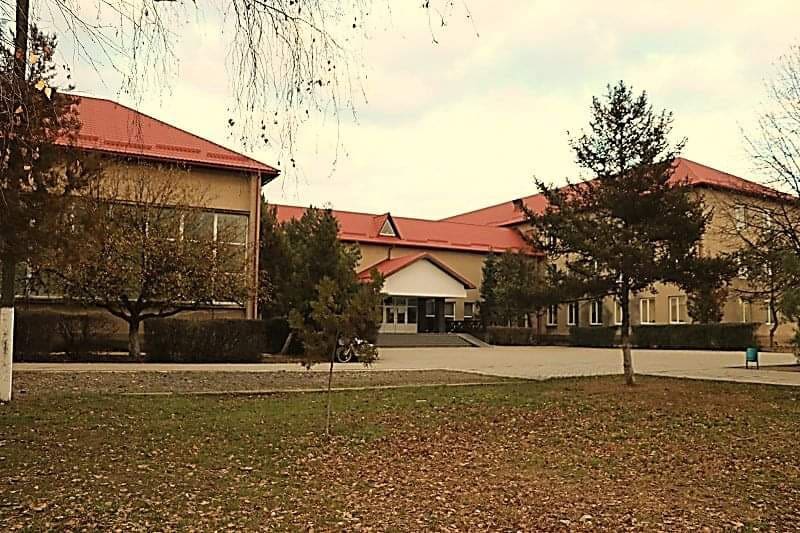
What is the relationship between Hungarian and Ukrainian young people? Has it changed since the controversial education law?
The answer to this question lies in the ‘roots’.
One of the characteristics of Transcarpathia is that it is multinational.
While living together, there has been a lot of mixing between nationalities. Sometimes a family’s grandfather is Ukrainian, the grandmother and great-grandmother are Hungarian, and the great-grandfather is Croatian from Slavonia, while another grandfather is half Slovak, half Hungarian, and the grandmother is half Ukrainian, half Hungarian. In Transcarpathia, these multi-ethnic traits are rooted in everyone, and all nationalities have been coexisting very well here. It is not the linguistic difference that is the problem, but the attitude of each era. Even now, a wrong trend is beginning to emerge again: ‘if you eat Ukrainian bread, speak Ukrainian’. Some extremists tend to ‘mess’ with Hungarian speakers, but this is wrong and reprehensible, so let us hope that this will no longer be the custom and that values will be put in their place. In my experience, young people are interested in each other, they like to make friends, and if they find themselves in a community where there is a mixture of Ukrainians and Hungarians, they will find common ground. Children are children everywhere, no matter what…
Which institutions other than schools help to strengthen the Hungarian identity of young people in Transcarpathia?
The development of self-identity and sense of identity already begins in the cradle, with the first influences, experiences, beautiful lullabies, and songs that the child absorbs. As children grow up and become part of the community, they are very much influenced by the school environment, but many other organizations help them develop their Hungarian identity. Below I mention a few of them, which consciously focus attention on this:
- Transcarpathian Hungarian Cultural Association (THCA): a nationalist, interest representation organization of Transcarpathian Hungarians, which helps the community in all areas of life, and enriches everyday life with high-quality programmes, which strengthens national identity through their themes;
- Transcarpathian Hungarian Pedagogical Association (THPA): an organization that deals with educational advocacy, professional and political issues, and is present in all areas of education, maintaining contact with all participants in the educational process, providing advice and assistance in education, and organizing colourful programmes for children;
- Tulipán Tanoda Hungarian School of Folk Music and Folk Art: an institution promoting the cultivation of Hungarian folk traditions, the preservation and transmission of our folk heritage;
- GENIUS Charity Foundation: in the spirit of equal opportunities, among other things, it carries out a wide range of talent promotion, development, and talent search among Hungarian-speaking schoolchildren, university and college students, as well as young researchers in Transcarpathia, and while drawing attention to the strengthening of their Hungarian identity, it also organizes leisure activities for them;
- Rákóczi Association and its school-based organizations in Transcarpathia: with their popular events, programmes, lectures, and camps, they instil a sense of Hungarian identity in young people almost unnoticed;
- The Transcarpathian branch of the Mathias Corvinus Collegium (MCC): in addition to talent management, it strengthens children’s sense of belonging through leisure activities as well.
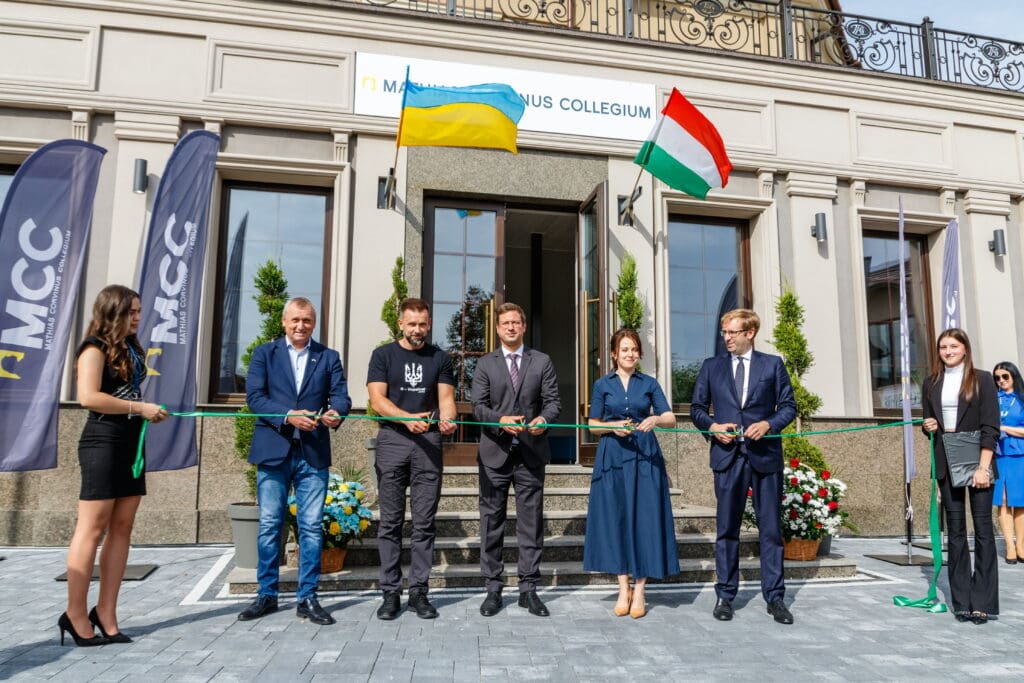
Is it common for young Hungarians in Transcarpathia to assimilate into the Ukrainian identity and completely lose their Hungarian culture?
In Transcarpathia, Hungarian communities have always clung to their roots, their past, and their culture, which they consider their duty to preserve and pass on. The situation is easier for those living in a single block, the village communities, where almost only Hungarian is spoken, and the Ukrainian language is very difficult to learn due to the lack of a Ukrainian language environment and other factors. Most of our young people do not blend into Ukrainian communities—they preserve their Hungarian identity in their traditions, culture, customs, and language. The danger is more acute for Hungarians living in the cities: they are increasingly affected by the language, administrative units, environment, and mixed marriages. There, too, the various Hungarian social organizations have a major role to play in countering assimilation.
What measures has the Hungarian Government taken to support Hungarian-language schools in Transcarpathia?
The Hungarian Government considers it a very important task to take care of the Hungarians in Transcarpathia, including support for the school system. It does so both intellectually and financially. We are very grateful to the Government for doing everything in its power to promote education in the mother tongue and to protect the use of the Hungarian language. It is very nice to feel that, like a good parent, it helps us, makes up for our shortcomings, and does not leave us alone. Our institutions have been renovated to a high standard thanks to the goodwill of the motherland, new schools and kindergartens have been built, the material and technical base of our institutions has been significantly enriched, teachers receive financial support, pupils and kindergarteners receive school enrolment and start-of-school grants every school year, our students are provided with quality holidays during school vacations, and the list goes on… The Rákóczi Association is also actively involved in this support—we have a lot to thank them for, too.
Are many Ukrainians sympathetic to the concerns of Transcarpathian Hungarians about education?
In every nationality, there are people with good and bad qualities, helpful and troublesome—so it is with us. In our environment, we can also find people who understand our problems, support us, and help us achieve our goals. However, some are fault-finding, who perhaps by their very nature do not even want to understand our situation, for whom it is natural that everyone in Ukraine should study in Ukrainian. But it is at least positive that people who live in our immediate vicinity and who know us support us and sympathize with us.
Is there anything else that you think is worth mentioning?
Most people who grow up in Transcarpathia and then see the world realize that they were born here for a reason. In comparison, it becomes clear that they love everything around them even more. This is the case for most of the refugees now: even if they are in the most comfortable corner of the world, while waiting, they dream of the beautiful landscapes of Transcarpathia, their dear relatives, friends, and acquaintances left at home, listen to the news, and pack their suitcases in spirit, because that very Transcarpathian blood and temperament never fades away. The homeland always attracts, invites, and welcomes them home. The common, persistent prayer of those who have stayed at home and those who have been forced to flee flies to the heavens, that the ordeals finally end, that the war end, that everyone can live their lives where they belong, where they feel at home, and that families can be together again.
No one should be hindered by their nationality or minority status, nor by any kind of trumped-up language law.
Read more on the situation in Transcarpathia:

